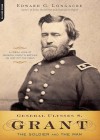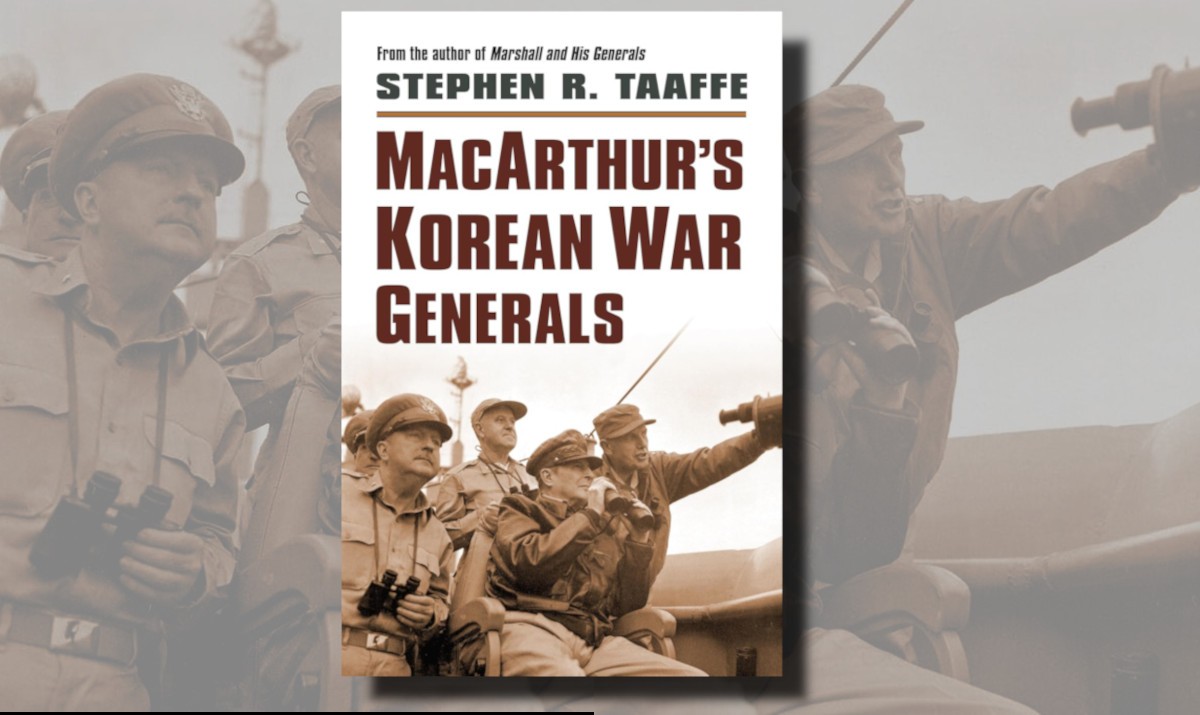Book Review - General Ulysses S. Grant: The Soldier and the Man
General Ulysses S. Grant: The Soldier and the Man
Written by: Edward G Longacre,
Da Capo Press, New York, 2007,
ISBN: 9780306812699, 338 pp.
Reviewed by: Joseph K Smith
The United States is in the middle of a bloody Civil War that continues to polarise public opinion. Opposing camps have emerged which comprise those supporters of the conflict who do not want to ‘cut and run’ and those detractors who desire peace and a withdrawal from the conflict. The Administration is struggling to maintain public support for the conflict because of a lack of military success which is brought about by a failure to develop successful military leadership, both in the field and in Washington. In an attempt to change the course of the conflict, the President gives overall command of US operations to the one officer who is seen to have achieved some success in the conflict. This story may be reminiscent of US operations in Iraq, though it took place during the American Civil War.
General Ulysses S. Grant: The Soldier and the Man, written by Edward G Longacre, covers the life of the man credited with saving the United States during the Civil War, from his early childhood to the surrender of Confederate General-in-Chief Robert E Lee at Appomattox Court House, Virginia in 1865. Longacre is an accomplished writer who has written extensively on the leadership of the Civil War. His previous works have focused on the protagonists of the conflict and the clash of personalities at the command level, not just the struggle between armies in the field. Longacre’s desire to examine these men as people, with all of their flaws, and not just as military commanders brings an interesting twist to the military biography genre. Longacre has undertaken vast amounts of research and attempts to give a balanced view of Grant, covering the positive and negative aspects of his personality and military command. This approach relies heavily on contemporary accounts, both favourable and not, then uses historical works to place these narratives into context and explains the motives and reasons behind them. Overall, Longacre argues that Grant is a man who should be understood, not a military commander who should be lauded or criticised.
Unlike other biographers, Longacre devotes significant effort to discussing the personal issues that confronted Grant during his pre-Civil War life. Longacre pays particular attention to the troubles of Grant’s youth; how he was shy and struggled to make many friends, how he preferred to spend time with horses, and how his average performance as a student was brought about not by his level of intelligence, but by lack of interest. Grant’s initial military career is described as one of an officer who was frustrated at his role in the US Army; by his failure to gain a commission with the cavalry, his minor role in the Mexican-American War, and his hatred of the constant relocation and boredom of peacetime service. Particular attention is paid to Grant’s bouts of loneliness and depression and his problems with alcohol, all of which were brought about by separation from family. These problems would follow Grant throughout his entire career. Unlike other authors, Longacre seems more forgiving of Grant’s failures as a civilian, arguing that they had as much to do with bad luck as with bad decision-making.
It was difficult for anyone to be apolitical during this time in US history, even more so for the US General-in-Chief. Yet Longacre describes Grant as a typically apolitical military officer who sought to avoid partisan politics, though one who was politically astute. Grant is clearly identified as a ‘Northerner’ with concerns over the ‘Southern’ desire to gain political control of the United States or secede if unable to do so. During the Mexican-American War, Grant privately criticized the political motives behind military operations in the Southwest and the Southern politicians that wanted to expand the country through conquest. Grant would only identify himself as a Republican in the lead up to the onset of the Civil War. Throughout the conflict his primary concern was the maintenance of the Union and he appreciated that the only way to achieve this was through military success. Failure on the field would lead to peace negotiations and the formal recognition of the Confederacy.
General Grant: The Soldier and the Man is an easily approachable military biography that covers the complex histories of General Grant, the American Civil War, and nineteenth-century warfare. Longacre explains political and military actions in context, allowing the reader to appreciate the importance of an event, without being lost in highly technical analysis. Longacre does assume a level of knowledge and it would be preferable to have a basic understanding of the conflict, or to be prepared for some background researching while reading. Although there is assumed knowledge, Longacre is able to keep the book to a reasonable length so as not to deter potential newcomers, yet achieves a balance that would keep even the most knowledgeable reader interested.



